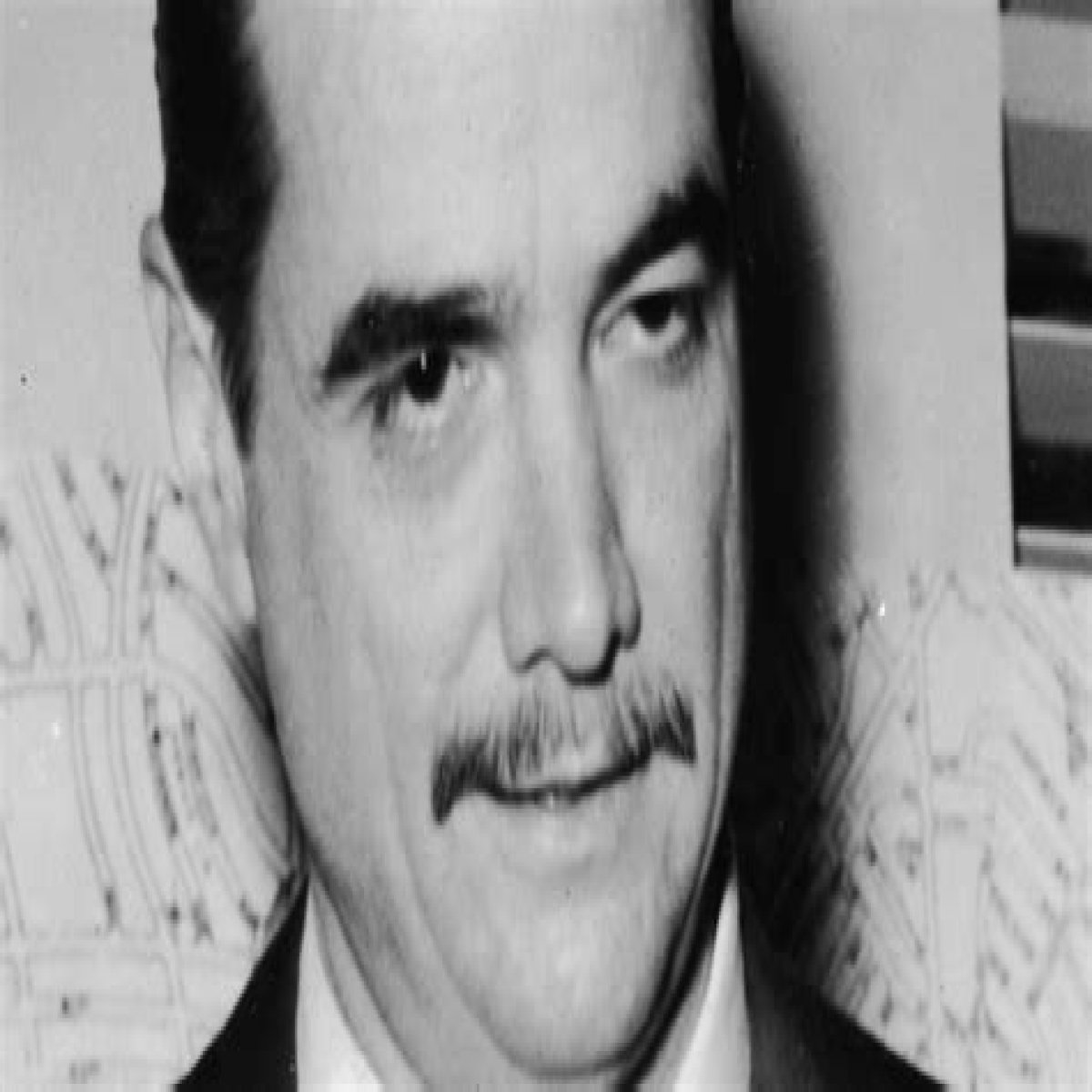The tale was later turned into an award-winning movie titled "Melvin and Howard," but unfortunately for Melvin Dummar, the fake will he produced after Hughes's death got him into hot water in the courtroom (via WREG). The faux will said that Hughes' fortune should be divided between the Church of Jesus Christ of Latter-day Saints and Dummar, giving Dummar 1/16th of the Hughes estate. The court saw through the forgery and rejected Dummar's claim.
But other claims held more weight, according to The Washington Post. People showed up claiming to be the first, second, third, fourth, and fifth cousins of Hughes — which of them should be able to claim their part of the fortune?
The Hughes case reached the Supreme Court twice. In 1978, the court ruled that Texas and California, which wanted to tax Hughes properties, were denied, since their states say a person can only have one official home at a time (via Find Law). In 1982, the two states brought a case again, which was rejected by the Supreme Court and sent to federal district court instead.
